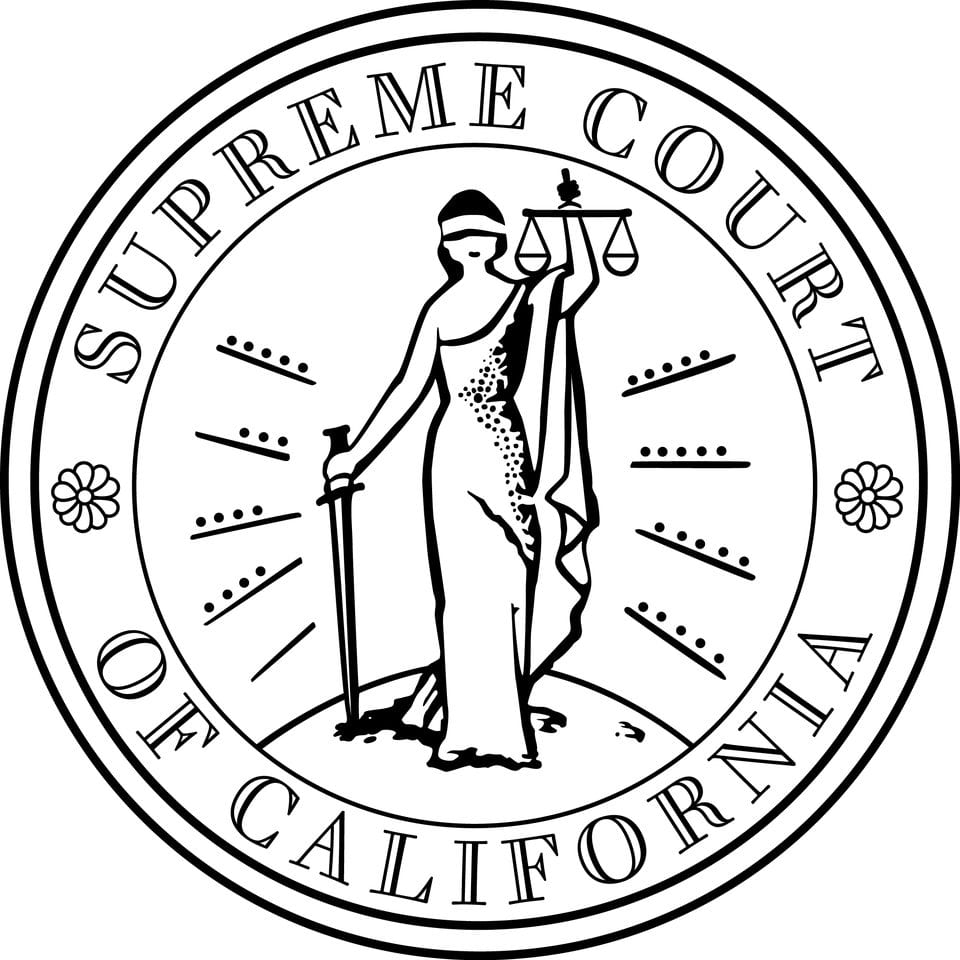Broughton Reappointed: Supreme Court State Bar Board of Trustees
Mark Broughton has been reappointed to the Supreme Court State Bar Board of Trustees for a second term. And he will serve for the next four years.
Broughton’s term begins September 16, 2019 and concludes in 2023. His first term three-year term began in 2016.
California Courts: The Judicial Branch of California made the announcement September 3, 2019. You can access the full news release via the California Courts Newsroom.
Supreme Court State Bar Board of Trustees: Ready to serve
Broughton joins two other appointees: Sean SeLegue and Alan Steinbrecher. Furthermore, SeLegue will serve as the Vice Chair of the Board of Trustees. Steinbrecher will serve as Chair of the Board of Trustees.
All three men will serve alongside other members of a 13-member board.
- Five attorneys appointed by the California Supreme Court, who will serve four-year terms
- Two attorneys appointed by the Legislature, one by the Senate Committee on Rules and one by the Speaker of the Assembly
- Six “public” or non-attorney members, four appointed by the Governor, one by the Senate Committee on Rules and one by the Speaker of the Assembly
Supreme Court State Bar Board of Trustees: Mission and values in action
The Supreme Court State Bar Board of Trustees aims to protect the public. They also provide specific functions for attorneys and guidelines to maintain the integrity of the practice of law. Furthermore, they ensure ethical operations within the legal system in California.
For example, the board operates with a detailed strategic plan. It includes five goals with accompanying objectives to support their mission.
Some of the upcoming goals will require all attorneys to report firm size and practice type. The board will also evaluate self-assessment models and make a determination on which model will be implemented in California.
Other goals include creating a preventative education approach, which will include a self-assessment component and client trust accounting modules. Additionally, the board plans to audit records to ensure attorney compliance with MCLE requirements.




